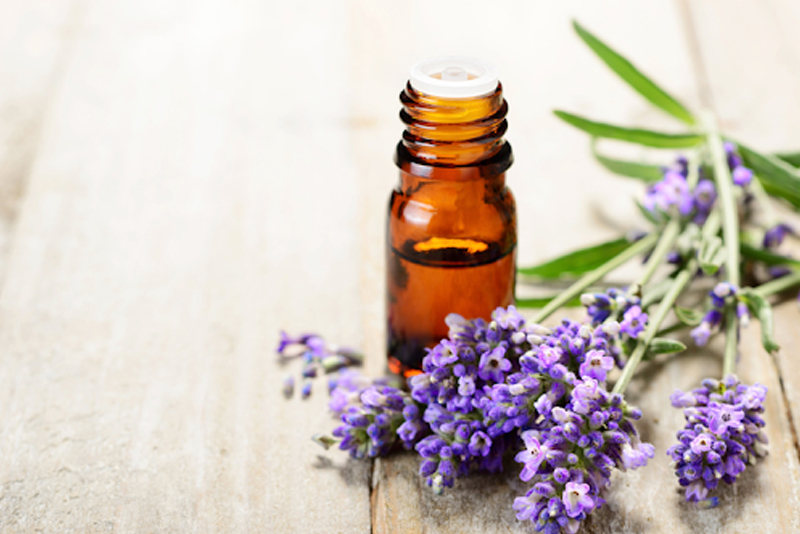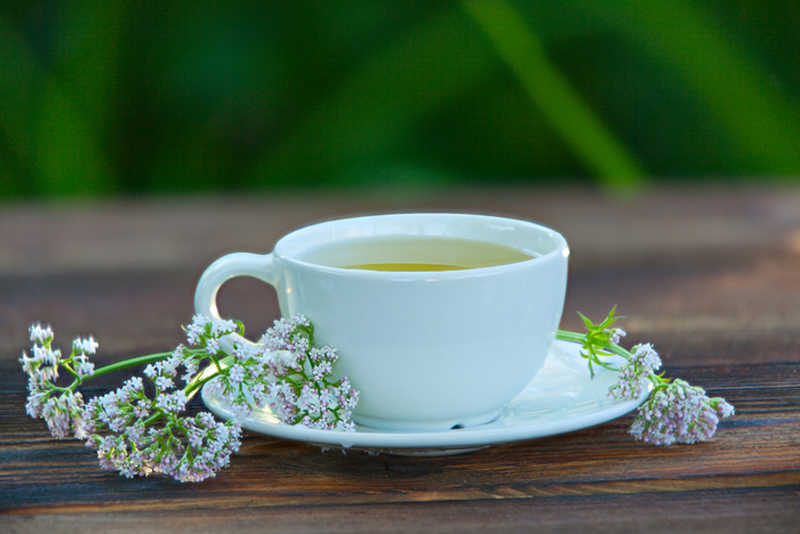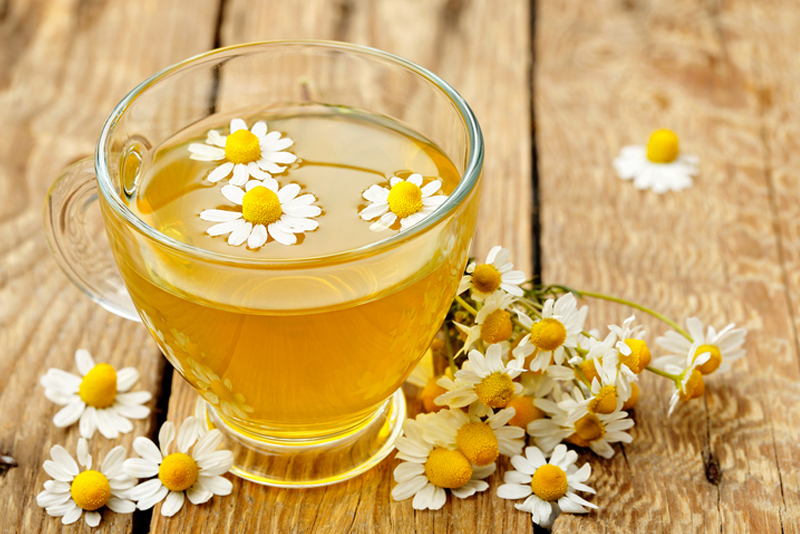Natural Sleep Remedies – What makes you lie awake in bed, unblinking as you strive to grasp that elusive sleep? One thing is for sure. You’re not the only one. In February 2016, the Centers for Disease Control and Prevention released a report [1] stating 1 out of every 3 adults in the U.S. reported getting less than the recommended 7 hours of sleep on a regular basis.
There are many reasons for chronic insomnia. Some are due to sleep disorders. Others have issues with their sleep-wake cycle. By making small changes in our daily lives and, with a little help from natural sleep aids, we can get a better night’s rest without over-the-counter medicine.
Here are 5 natural home remedies to help you get a better night’s sleep:
Natural Sleep Remedies – #5 – Melatonin

Melatonin is a well-known natural sleep supplement that is safe when taken short-term. Research [2] has found that this supplement helps with certain sleep disorders, such as jet lag, shift work, sleep problems and delayed sleep phase disorder. It’s also been found to be helpful in treating insomnia in some cases.
To top it off, you can increase your melatonin uptake by simply adding more melatonin-rich foods [3] into your diet.
Here are some of our favorite melatonin sources:
- Animal Sources: Eggs and fish
- Cereals: Pigmented rice, wheat, barley and oats
- Fruits: Grapes, tart cherries, strawberries, bananas
- Vegetables: Tomatoes, peppers, mushrooms
- Legumes & Seeds: Black and white mustard seeds, germinated soybean seeds, germinated mung bean seeds
- Nuts: Pistachio
Natural Sleep Remedies – #4 – Lavender Oil

Lavender is one of the most renowned essential oils in homeopathic history and a popular Old World sleep remedy.
In a recent study, a group of college students with sleeping disorders reported [4] experiencing better sleep at night and more daytime alertness after they inhaled lavender-scented patches before going to bed.
In another study, lavender taken orally improved [5] restlessness and somatic complaints stabilized moods and helped alleviate other disturbed sleep symptoms in patients with specific neurological disorders.
Aroma sticks steeped in essential oils including lavender, sandalwood and bergamot oil were useful in aiding cancer patients to sleep well at night. 64% of those patients reported [6] an improvement in sleep quality as measured by the Likert Sleep Quality Scale.
Related Article – 5 Calming Essential Oils That’ll Lull You to Sleep
Natural Sleep Remedies – #3 – Valerian Root

Gaining popularity among natural sleep aids is valerian herbal supplement extracts, derived from the valerian plant, a tall flowering grassland plant.
Though the valerian root’s pharmacologic benefits have been hailed since the time of the Greeks and the Romans, back then, it was administered in the form of medicinal tea.
Today, it comes in many different forms including capsules, and tinctures. Additionally, valerian root may help alleviate anxiety symptoms and blood pressure problems.
Before taking any dietary supplements, consult your healthcare practitioner — especially if you are taking other medications or if you have any pre-existing medical conditions.
Natural Sleep Remedies – #2 – Chamomile Tea

Many natural sleep remedies harken back thousands of years — including chamomile tea — an ancient Egyptian cure for fever and a popular herbal tea in medieval Britain.
In modern times, chamomile tea has proven effective in improving [7] sleep quality and alleviating fatigue and depression symptoms in postnatal mothers.
Natural Sleep Remedies – #1 – Small Lifestyle Changes

The easiest way to get a great night’s sleep is to adopt healthy habits that encompass both your morning and night-time routines [8].
Simple lifestyle changes include:
- Avoiding caffeine and other stimulants for at least four hours before your bedtime.
- Getting regular exercise during the day
- Stashing the technology in a drawer, away from the bedroom.
- Eating light before going to bed and having your last meal at least for four hours before going to bed.
- Exposing yourself to natural light during the day
Bonus Tip:
Improving your sleep environment takes a bit of effort but it’s well worth it. This includes a comfortable bed and a quiet, dark and cool bedroom that will help you towards getting the restful sleep that your body craves.
Make sure you have an adequate mattress that serves your particular needs. As many of us have learned, saggy mattresses and poor back support can keep you awake at night. Sleep, after all, is the body’s way of getting restorative rest and healing.
Resources;
[1] National Center for Biotechnology Information; Dietary Sources and Bioactivities of Melatonin, Xiao Meng, Ya Li, Sha Li, Yue Zhou, Ren-You Gan, Dong-Ping Xu, Hua-Bin Li, April 07, 2017.
[2] National Center for Complementary and Integrative Health; Melatonin: In Depth, July 16, 2018.
[3] US National Library of Medicine National Institutes of Health; Dietary Sources and Bioactivities of Melatonin, Xiao Meng, Ya Li, Sha Li, Yue Zhou, Ren-You Gan, Dong-Ping Xu, Hua-Bin Li, April 07, 2017.
[4] ScienceDirect; Well-Being and Self-Assessment of Change: Secondary Analysis of an RCT That Demonstrated Benefit of Inhaled Lavender and Sleep Hygiene in College Students with Sleep Problems, Angela Smith, Lillehei PhD, Linda Halcón PhD, Cynthia R. Gross PhD, Kay Savik MS, Reilly Reis MS, August 04, 2016.
[5] Hindawi; Lavender and the Nervous System, Peir Hossein Koulivand, Maryam Khaleghi Ghadiri, and Ali Gorji, September 04, 2012.
[6] US National Library of Medicine National Institutes of Health; The use of aromasticks to help with sleep problems: A patient experience survey.,
Dyer J, Cleary L, McNeill S, Ragsdale-Lowe M, Osland C, December 12, 2015.
[7] Wiley Online Library; Effects of an intervention with drinking chamomile tea on sleep quality and depression in sleep disturbed postnatal women: a randomized controlled trial, Shao‐Min Chang MS RN, Chung‐Hey Chen PhD RN, October 20, 2015.
[8] National Sleep Foundation; What is sleep hygiene?.



